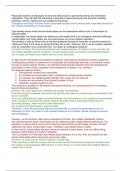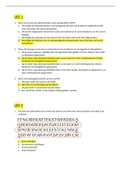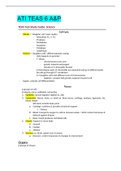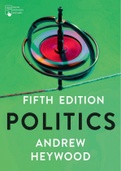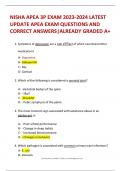Essay
Physicalism essay
- Vak
- Instelling
A* graded essay evaluating the physicalist theories of the metaphysics of mind. As it includes all the key points listed on the syllabus, it is a useful tool to study from in preparation for the 25 markers. Helped me achieve an A*.
[Meer zien]
